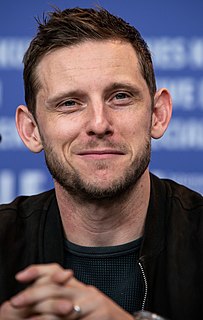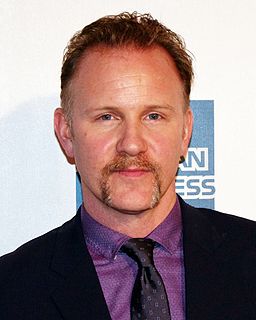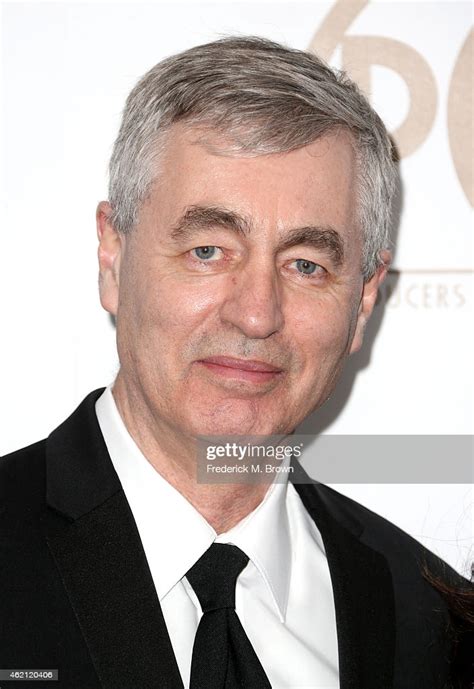A Quote by Jamie Bell
I think documentary filmmaking is a braver way to make films because it's real, and you're really there.
Quote Topics
Related Quotes
It's difficult to make movies. For me it was easier, as a refugee in Switzerland, to make documentary films, because I didn't need a lot of money for it. The way I tell my story or my opinion would be very similar in both fiction and documentary forms. But I found I could speak more effectively to convey this brutal reality through documentary than I could through fiction.
Most people look at a feature film and say, "It's just a movie." For me there is no border or wall between fiction and documentary filmmaking. In documentaries, you have to deal with real people and their real feelings - you are working with real laughter, happiness, sadness. To try to reflect the reality is not the same as reality itself. That's why I think that making a good documentary is much harder than making a good feature film.
When you say documentary, you have to have a sophisticated ear to receive that word. It should be documentary style, because documentary is police photography of a scene and a murder ... that's a real document. You see, art is really useless, and a document has use. And therefore, art is never a document, but it can adopt that style. I do it. I'm called a documentary photographer. But that presupposes a quite subtle knowledge of this distinction.
I'm doing a lot of research right now on what's happening in Arizona. That's where I'm at with more conventional documentary filmmaking. I think it is an urgent cause. I think I need to make something. I'm a part of it. Everybody's a part of it, and this country needs to know what's happening there in a very truthful way.
There is so much investment in it of people's labor time that it will never make money. But there are other documentaries that you might make that are sort of on assignment for television that turn around in three to six months. Then the margin can be much be better for you because you're not spending three-and-a-half years on it. So I think if you're doing documentary films, that's sort of the way to look at it.


































